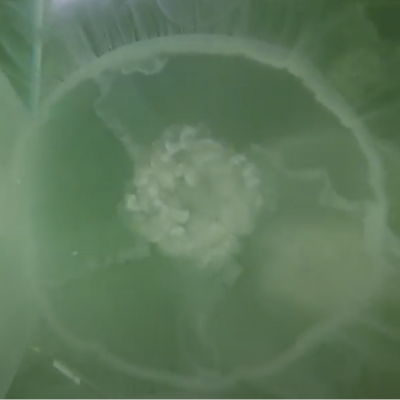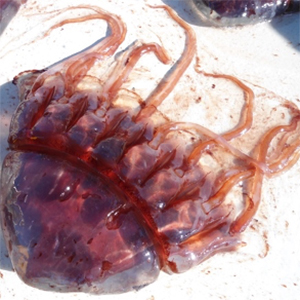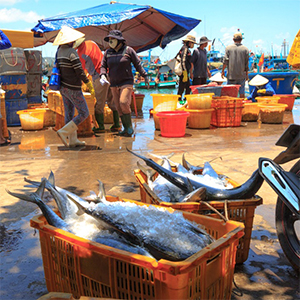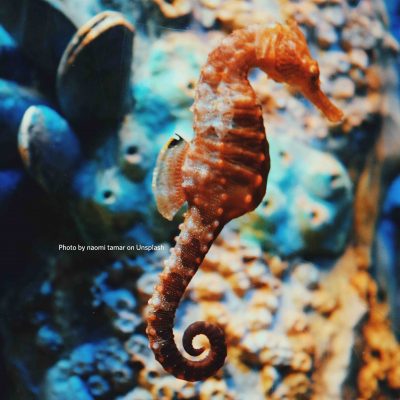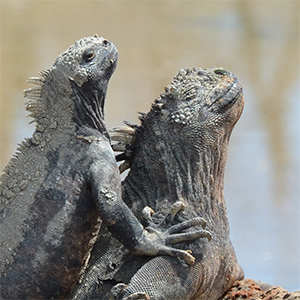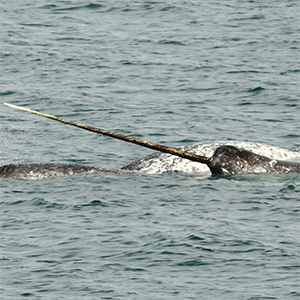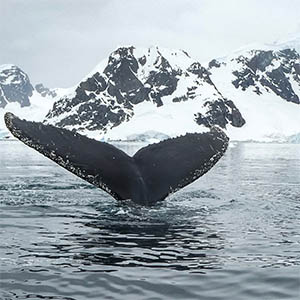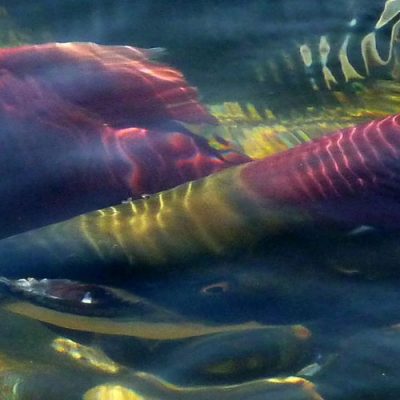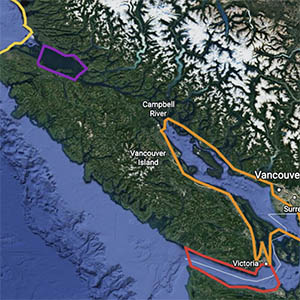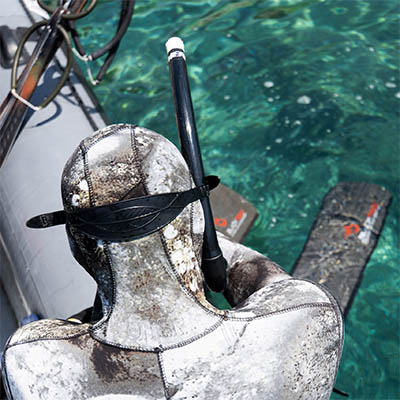Climate change may mean more jellyfish in our oceans
On World Jellyfish Day, as climate change kills off competition, jellyfish numbers may rise. UBC researcher Jessica Schaub is working on increasing what we know about these marine creatures and their future.
Jellyfish and gelatinous zooplankton need to be a part of climate change conversations
On World Jellyfish Day, UBC researcher Florian Lüskow, who focuses on freshwater jellyfish says that existing models often poorly include, and heavily oversimplify, these gelatinous organisms.
New Working Paper: A rich analysis of the economic, social and environmental effects of harmful fisheries at the ecosystem level
The effects of harmful fisheries subsidies in three marine ecosystems, chosen for their importance in terms of food security, size and diversity; and three different management scenarios are examined.
New Fisheries Centre Research Report (FCRR)
Implementing CITES Appendix II listings for marine fishes: a novel framework and a constructive analysis
Nature, society, and culture should be taken into consideration when dealing with climate change
The Nature Futures Framework (NFF) can include Indigenous stakeholders, local expertise, and different knowledge systems in conversation efforts.
As sea ice retreats, narwhals are changing their migration patterns
Climate change and loss of sea ice is creating stressors for these animals, and they are adapting to a new life in the Arctic.
Researchers call for action to stop exploitation of Antarctic waters
The critically important Southern Ocean is not being properly protected by its stewards, a distinguished group of scientists from around the globe have noted.
Food quality might be key for juvenile sockeye salmon growth and survival
The quality of food sockeye salmon eat along their migration routes is more important to their growth and condition than quantity, a new study has found, highlighting concerns about the effects of climate change on ocean conditions and salmon.
Expect shorter food chains in more productive coastal ecosystems
“We provided evidence for bottom-up omnivory in nutrient-rich temperate pelagic ecosystems, where food chain length is determined by the level of diatom production,” said Jacob Lerner. “This is very different from the global model for pelagic ecosystems.”
How do marine mammals make decisions about diving?
PhD candidate Rhea Storlund decided to take an unconventional approach to understand how marine mammals dive by asking human breath-hold divers about the decisions they make.
